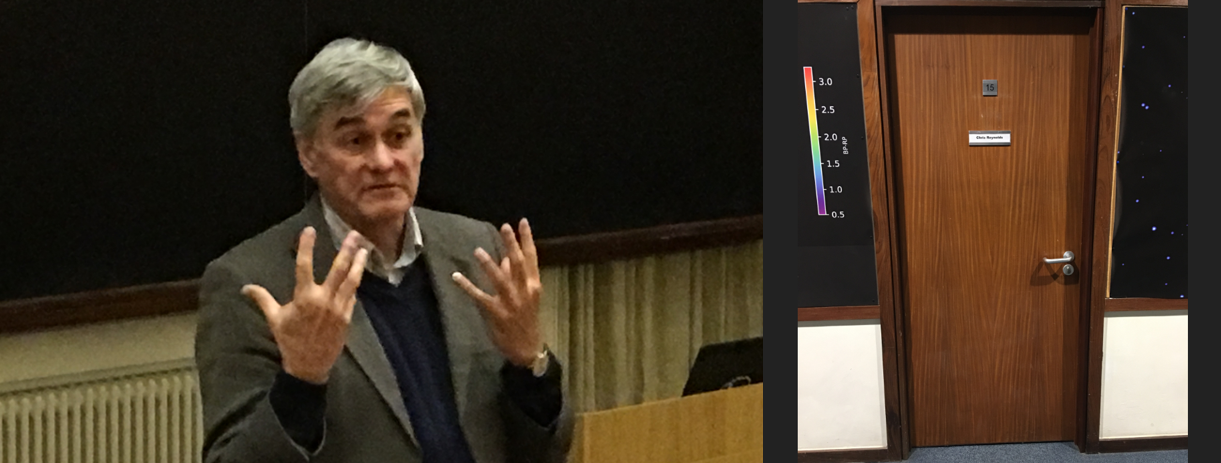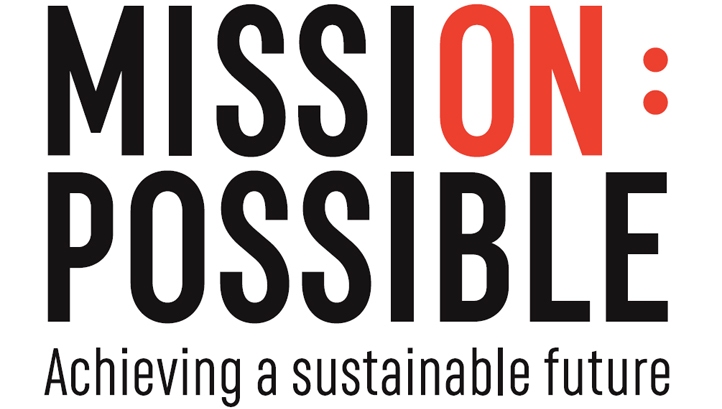Think Global, Act Local
A couple of weeks ago in my corporate capacity I was a delegate at The Prince of Wales’s Business & Sustainability Programme held at the Cambridge Institute of Sustainability Leadership. The faculty included academics from Cambridge and elsewhere, and industrialists from global organisations. As might be expected from the venue, the course attracted senior delegates from around the world and from a range of sectors including apparel, aviation, automotive, finance, FMCG, food and insurance. It is always interesting to get an insight into the perspectives of less familiar areas, and I am continually struck by the many similarities more than by the few differences. The detail is different, of course, but the broad challenges are common across sectors, geographies and cultures. A recurring theme was the increasing need for corporate purpose as something beyond commercial success. As has recently been the case with ocean plastic, issues can assume great importance almost overnight. Citizens have access to information and insights like never before and expect more from the organisations from which they buy goods and services than a simple transaction. As has been discussed in earlier posts (see Blue Planet Blues below), they believe that business has a responsibility to play a significant part in delivering solutions to the global challenges encapsulated in the Sustainable Development Goals (SDGs). A highlight of the course was a lecture by Prof Gerry Gilmore, the Principal Investigator for the UK participation in the Gaia Data Processing and Analysis Consortium. It wasn’t really about sustainability (he’s a cosmologist) but not only did it take place across a corridor from Stephen Hawking’s one-time office it also contained a great pearl of wisdom applicable to problem-solving in all fields; “don’t think outside the box, join the boxes together”. The pictures below show Gerry and the door (you’ll just have to take my word for the Hawking connection!).

Rather flatteringly described by the organisers as a ‘sustainability figurehead’, last week I was one of the contributors on a webinar organised by edie, a resource platform providing energy, sustainability and resource efficiency professionals with information, insight and intelligence around sustainable business. They have recently launched a campaign called Mission Possible, specifically aimed at encouraging higher sustainability ambition. I’ve been involved with edie events for a while and am privileged to be a member of their Leaders Club, which is an excellent peer network. The webinar was a pre-cursor to this year’s upcoming edie Live and featured Kingfisher and E-On as well as me all talking about practical ways that businesses can take action to deliver social and environmental benefits alongside their economic activities. I used my time on the webinar to illustrate how the types of activity that many organisations undertake can be related to the SDGs and thereby help to bring them to life. All of us, and many other speakers, will go into further detail at edie Live.

Another international link occurred earlier this week when I supplied input to a project on the start of a strategy to deliver improved resource efficiency in the New South Wales (NSW) Healthcare supply chain, specifically those organisations involved in supplying food into hospitals in the State. NSW has set some ambitious targets around resource efficiency in healthcare catering including Carbon Neutral Food Service by 2050 – its own equivalent of edie’s Mission Possible – and will be looking to optimise procurement, storage and usage in support of these. The project is at an early stage and best practice examples from around the world ae being sought out to inform the recommendations. The perennial questions of standards, engagement, metrics and accountability are all considerations as might be expected and I was able to provide some insight from my experiences. I hope to be involved further in the project.
All three of these examples have great overlap in their general lessons, and it isn’t rocket science. Listen to what people want to achieve and support them in it, keep it simple and don’t shy away from the difficult issues. Have clarity of purpose and keep the long game in mind.